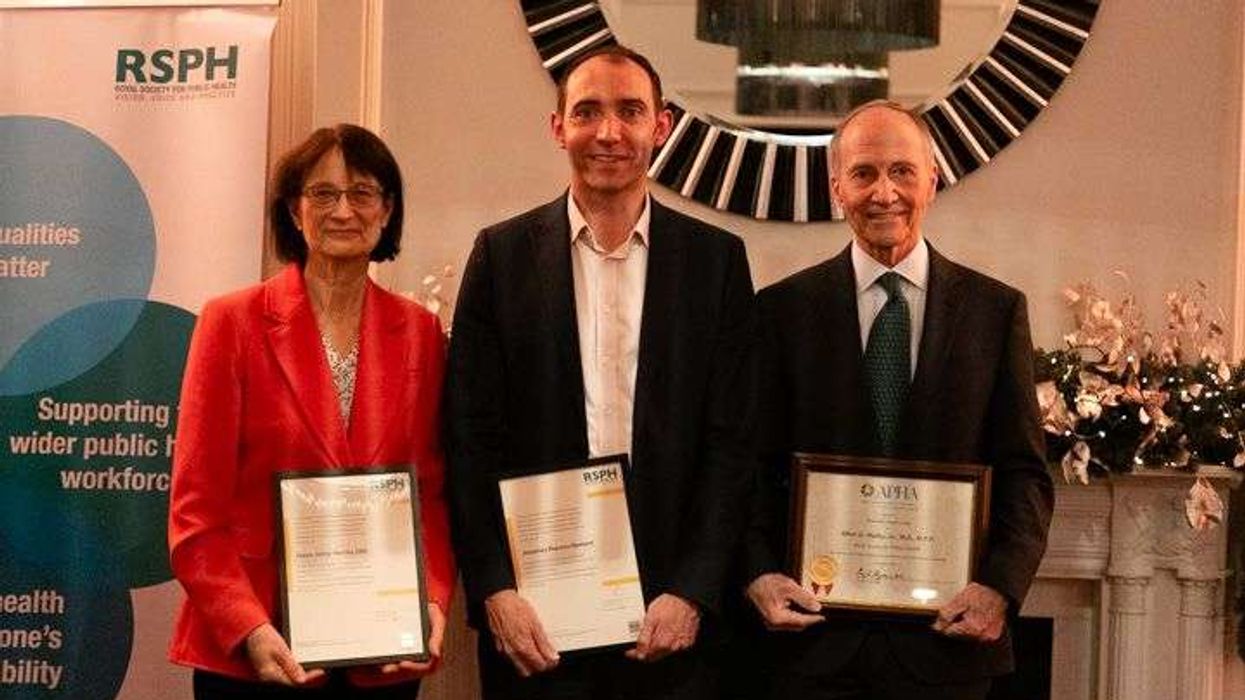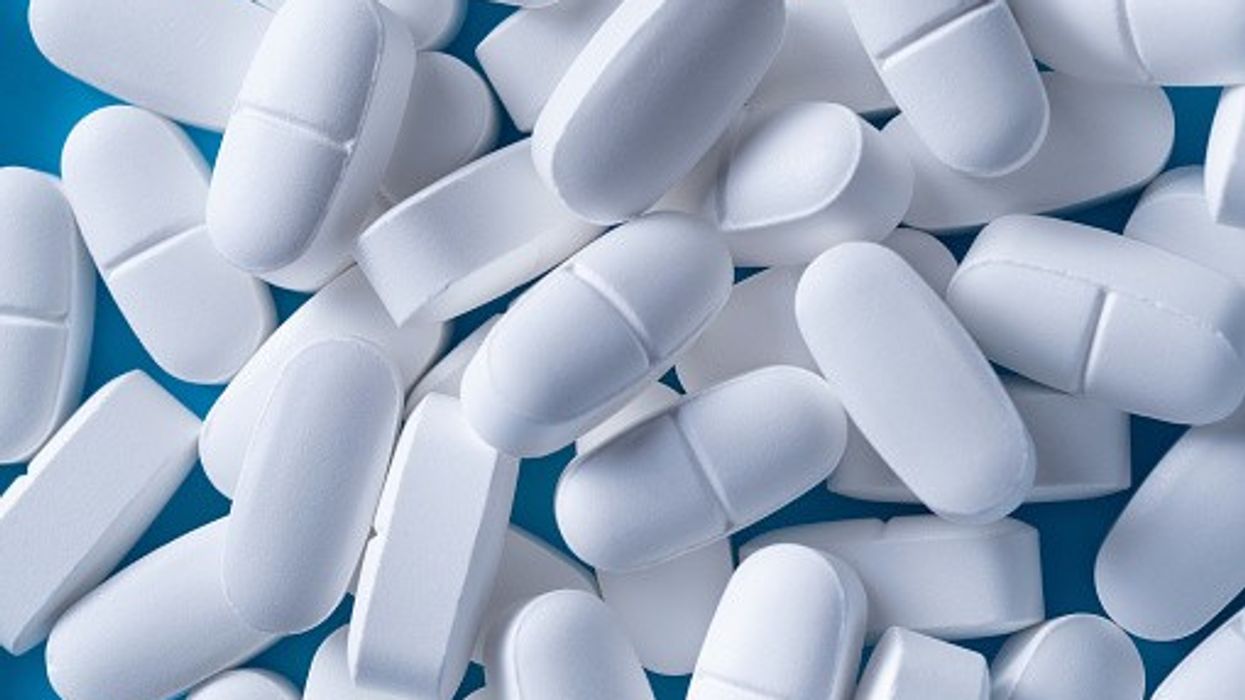Leaders running mental health services have called for a comprehensive plan from the government to address the growing demand for mental healthcare in England.
Calling it a sober warning, the leaders said children and young people will have to face longer waits for their treatment absence of a concrete plan, leading to deterioration of their mental health.
Mental health leaders, such as NHS trust chief executives and medical directors have raised concerns that their services, workforce and patients are being sidelined while they face high demand and pressure, just like the rest of the NHS.
The NHS Confederation’s Mental Health Network has called for attention from the government and recovery plan to tackle the growing demand.
Matthew Taylor, chief executive of the NHS Confederation, said: “We are moving towards a new phase of needing to ‘live with’ coronavirus but for a worrying number of people, the virus is leaving a growing legacy of poor mental health that services are not equipped to deal with adequately at present.
“With projections showing that 10 million people in England, including 1.5 million children and teenagers, will need new or additional support for their mental health over the next three to five years it is no wonder that health leaders have dubbed this the second pandemic.
“A national crisis of this scale deserves targeted and sustained attention from the Government in the same way we have seen with the elective care backlog.”
Currently, around 1.6 million people are on the waiting list for specialised mental health treatment, and there are an additional eight million people who could benefit from this line sort of treatment.
The call follows the publication of the long-awaited NHS Elective Recovery Plan, which set out how the backlog of people needing planned surgical procedures will be addressed.
They noted that out of £44 billion of additional funding allocated for the NHS in the government’s Spending Review last year, none was specifically identified for mental health.
According to leaders’ estimate, mental health services would need an extra £1 billion in 2022/23 to keep up with the rising patient demand.
A recovery plan for mental healthcare should include provision of additional support for the mental health workers as they feel close to burnout.
It should also include expansion of estates for specialist mental healthcare, including modernizing dated buildings and equipment, as backed by the Royal College of Psychiatrists recently.
Moreover, new ways should be identified to encourage people to come forward and access support for their mental health.











